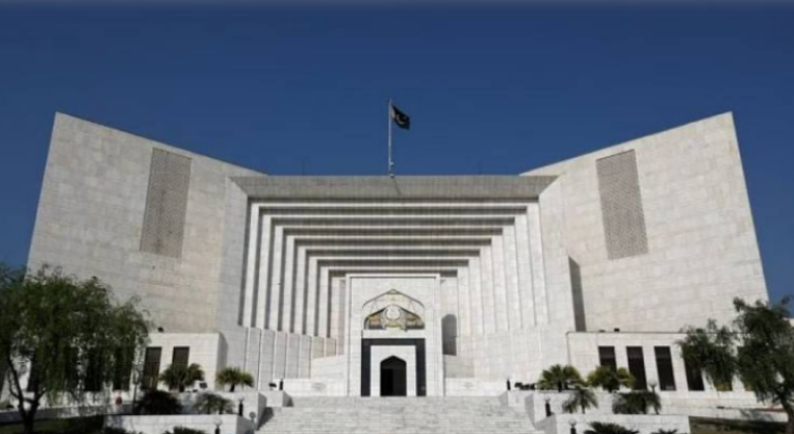Islamabad (Web Desk): Counsel for the Ministry of Defense Advocate Khawaja Haris has said that peaceful protest is the right of every citizen but there is a limit to politics and protest.
Presenting his argument before the Supreme Court (SC) concerning the trial of civilians in military courts, Khawaja Haris emphasized that while citizens have the constitutional right to peaceful protest, there are limits when such protests cross into unlawful territory.
He argued that the events of May 9, 2023, particularly the violent attacks on state properties and breaches of security, could not be seen as part of legitimate democratic rights. These actions, according to Haris, went far beyond mere protest.
Supporting this view, Justice Hasan Azhar Rizvi pointed out that even seemingly minor crimes, like tearing a police officer’s uniform, are considered offenses.
He also referred to the serious incidents on May 9, including the fire set at the Corps Commander’s Residence in Lahore, which reflected the intensity of the attacks carried out across the country on that day.
The court, Rizvi noted, was not disputing that a crime had occurred but was grappling with the critical issue of where the perpetrators should be tried.
Justice Jamal Khan Mandokhail echoed this sentiment, stressing that it was undeniable that a crime had taken place.
However, he raised the question of whether the individuals responsible should face trial in military courts, as political activists are granted certain protections under the 21st Amendment.
Haris clarified that the procedures outlined in the Army Act ensured a fair trial for those accused, adding that the 21st Amendment had been upheld by a majority ruling in a previous case.
Further questions were raised regarding the consistency of applying military trials to such offenses.
Justice Mandokhail pointed out the apparent contradiction in whether those who attacked the Parliament building had been tried in military courts, suggesting that an attack on the Parliament, like the events of May 9, could be considered an even more serious offense.
The bench adjourned the proceedings, deciding that they would reconvene on January 20, 2025, to continue deliberating on the issue.


